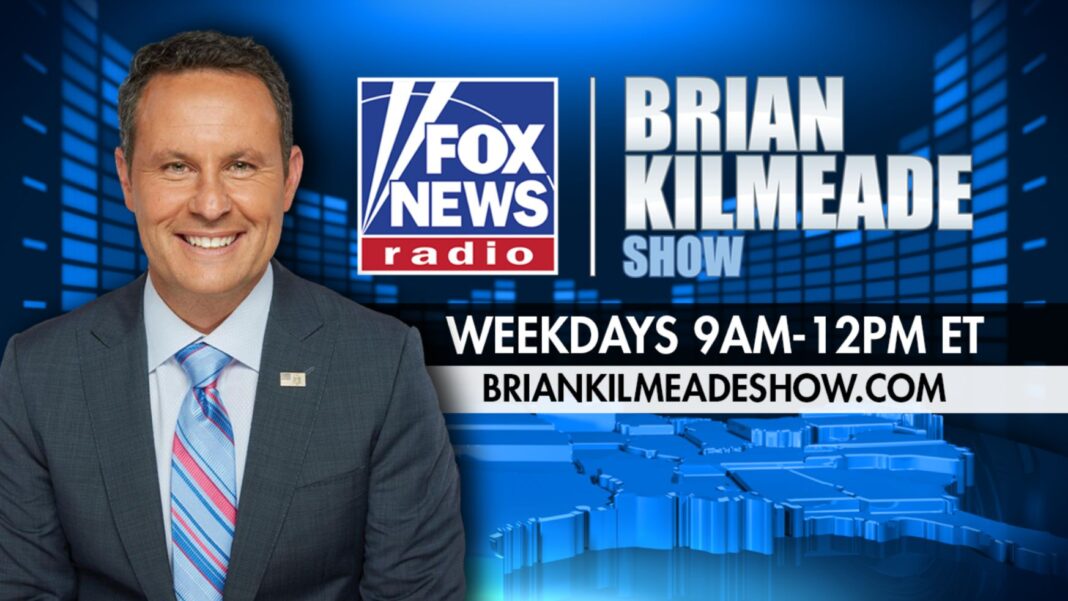The problem of monopoly in a digital age.

Tech monopolies have been under scrutiny for years—though some might object that describing them as “monopolies” is already stealing a base. Technicalities aside, however, complaints have been pouring in about the practices of tech mega-companies, especially the big four: Amazon, Google, Facebook, and Twitter. It has become impossible to avoid taking a serious look at reforming them.
Last October, the Department of Justice brought a long-awaited antitrust suit against Google. The suit will take ages. But whether the DOJ wins or loses, the publicity for Google and its Big Tech buddies should be awful—assuming there is any publicity. The suit followed a report on tech monopolies, almost two years in the making, from the House Judiciary Committee’s Subcommittee on Antitrust, Commercial, and Administrative Law (ACAL). The ACAL’s majority report recommended, inter alia, “structural separations and prohibition of certain dominant platforms, from operating in adjacent lines of business.” Four Republican members wrote a response to the majority (“The Third Way”), largely agreeing with the report’s findings but dissenting from some of its recommended legislative solutions.
Political watchers may have been shocked to find bipartisanship going on in Washington. But the tech mega-companies are equal-opportunity predators: they treat all sorts of ordinary, non-media-oriented businesses abysmally. And those businesses’ Washington representatives include, obviously, both Republicans and Democrats. They want whatever relief the antitrust statutes can provide—and if they can’t provide any, then they want legislation that can.
During the presidential campaign, Facebook refused to allow dissemination of information purportedly gleaned from Hunter Biden’s laptop. This high-profile, high-tech sin prompted a major statement from then-Federal Communications Commission (FCC) Chairman Ajit Pai: “Social media companies have a First Amendment right to free speech,” he said. “But they do not have a First Amendment right to a special immunity denied to other media outlets.” That was big. But Pai is gone now, and the new head of the antitrust division at the Justice Department is likely to be either a Silicon Valley superstar attorney, or, if that won’t fly, an attorney who is at least not hostile to the tech magnates that made President Joe Biden’s victory possible. Still, even those who tend to benefit politically from Facebook’s actions may be thinking twice about entrusting them with so much power. Then-candidate Biden undoubtedly profited from censorship of the Hunter Biden story—perhaps enough to win the election. But can the Democrats be sure it will work for them next time? It’s possible, even if not likely in a Biden Administration, that high tech could be in trouble.
Read Full Article on ClaremontReviewofBooks.com
About Daniel Oliver
Daniel Oliver served as chairman of the Federal Trade Commission under President Ronald Reagan. He is currently a senior director of the White House Writers Group and a director of the Pacific Research Institute for Public Policy in San Francisco.







